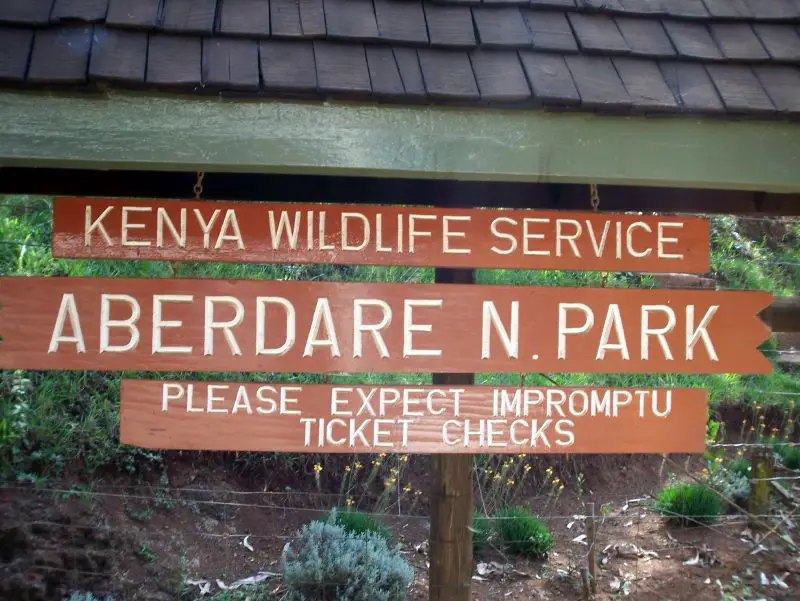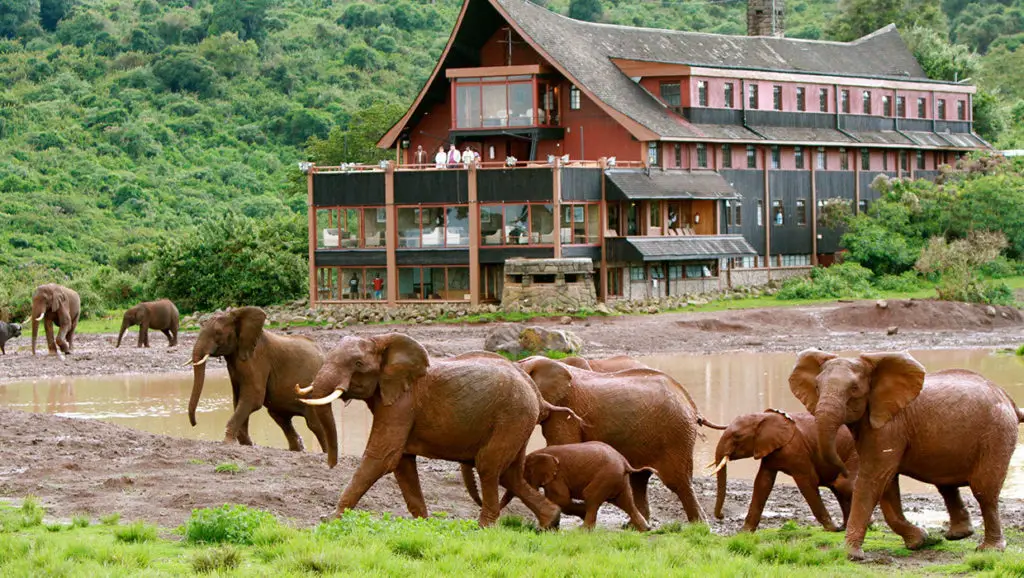Nanyuki is a vibrant market town located in Laikipia County, Kenya. Situated northwest of Mount Kenya along the A2 road, Nanyuki serves as a gateway to the rich wilderness of the region. The town lies at the terminus of the branch railway from Nairobi and is known for its unique position straddling the equator.
Nanyuki’s strategic location, coupled with its natural beauty and proximity to wildlife conservancies, has made it an important hub for tourism, agriculture, and commerce in central Kenya.
Where is Nanyuki located?
Nanyuki is located in Laikipia County, in the Rift Valley Province of Kenya. The town is situated:
- Northwest of Mount Kenya
- Along the A2 road
- At the terminus of the branch railway from Nairobi
- Approximately 3km from the Nanyuki Airstrip
- On the slopes of Mount Kenya
- About 100m off the main Kiganjo-Nanyuki Road
What is the geographical significance of Nanyuki?
Nanyuki’s geographical location gives it several unique features:
- Equatorial position: It is one of only three towns in Kenya situated on the equator.
- Mount Kenya proximity: The town offers stunning views of Mount Kenya and serves as a base for mountain expeditions.
- Climate: Its location on the leeward side of Mount Kenya influences its climate.
- Gateway: Nanyuki acts as an entry point to the wildlife-rich areas of Laikipia and the northern frontier.
What is the history of Nanyuki?
Nanyuki’s history is closely tied to Kenya’s colonial past:
- Founded in 1907 by British settlers
- Developed as a colonial town from 1921 to 1963
- Served as a base for the British Army’s Kenya Regiment
- Grew around the railway terminus, which was crucial for transporting agricultural produce
The town’s development was shaped by its role as a center for the settler farming community and its strategic location for the colonial administration.
What are the main economic activities in Nanyuki?
Nanyuki’s economy is diverse and includes:
- Tourism
- Agriculture
- Retail and commerce
- Real estate
- Military presence (British Army Training Unit Kenya)
Tourism
Tourism is a significant contributor to Nanyuki’s economy, driven by:
- Proximity to wildlife conservancies
- Mount Kenya expeditions
- Cultural tourism
- Equator-crossing experiences
Agriculture
The agricultural sector in Nanyuki includes:
- Large-scale farming (wheat, barley)
- Horticulture
- Livestock rearing
Real Estate
The real estate sector in Nanyuki is booming due to:
- Availability of land
- Scenic views of Mount Kenya
- Growing interest from local and diaspora Kenyans
What are the main attractions in Nanyuki?
Nanyuki offers various attractions for visitors:
- Equator Marker
- Mount Kenya viewpoints
- Ol Pejeta Conservancy
- Nanyuki Airfield (for scenic flights)
- Local markets and shops
- Nearby wildlife conservancies
How is Nanyuki’s infrastructure?
Nanyuki’s infrastructure includes:
- Road network: Connected by the A2 highway
- Railway: Terminus of the branch line from Nairobi
- Airstrip: Nanyuki Airstrip for domestic flights
- Water supply: Sourced from Mount Kenya
- Electricity: Connected to the national grid
- Healthcare: Several hospitals and clinics
What is the climate like in Nanyuki?
Nanyuki’s climate is influenced by its altitude and proximity to Mount Kenya:
- Cool and dry climate
- Average temperatures range from 10°C to 28°C
- Two rainy seasons: March-May and October-December
- Annual rainfall: approximately 700mm
How diverse is Nanyuki’s population?
Nanyuki is known for its cosmopolitan nature:
- Mix of indigenous Kenyan communities
- Settlers of European descent
- Asian community
- Growing expatriate population
- Military personnel (both Kenyan and British)
This diversity contributes to the town’s unique cultural blend and cosmopolitan atmosphere.
What are the challenges facing Nanyuki?
Despite its growth, Nanyuki faces several challenges:
- Rapid urbanization
- Pressure on natural resources
- Human-wildlife conflict
- Infrastructure development needs
- Balancing conservation with economic growth
How is Nanyuki addressing environmental concerns?
Nanyuki is taking steps to address environmental issues:
- Promoting sustainable tourism practices
- Supporting community-based conservation initiatives
- Implementing water conservation measures
- Encouraging reforestation efforts
- Collaborating with wildlife conservancies for habitat protection
What is the future outlook for Nanyuki?
Nanyuki’s future looks promising, with potential for:
- Continued growth in the tourism sector
- Expansion of agricultural activities
- Development of eco-friendly industries
- Improved infrastructure and urban planning
- Enhanced conservation efforts
Comparison: Nanyuki vs. Other Kenyan Towns
| Aspect | Nanyuki | Typical Kenyan Town |
|---|---|---|
| Location | Equator, near Mount Kenya | Varied |
| Main Economy | Tourism, Agriculture | Often single industry-focused |
| Climate | Cool and dry | Varies by region |
| Attractions | Wildlife, Mount Kenya | Usually local attractions |
| Population | Cosmopolitan | Often more homogeneous |
| Infrastructure | Developing rapidly | Often underdeveloped |
| Future Prospects | High growth potential | Varied |
In conclusion, Nanyuki stands out as a unique and vibrant town in Kenya, blending natural beauty, cultural diversity, and economic opportunities. Its strategic location and rich history have shaped it into an important center for tourism, agriculture, and commerce in the region.
As Nanyuki continues to grow and develop, it faces the challenge of balancing economic progress with environmental conservation and sustainable practices. With its diverse population, stunning landscapes, and proximity to wildlife conservancies, Nanyuki remains an attractive destination for both visitors and residents alike, promising a bright future as a key town in Kenya’s central highlands.



